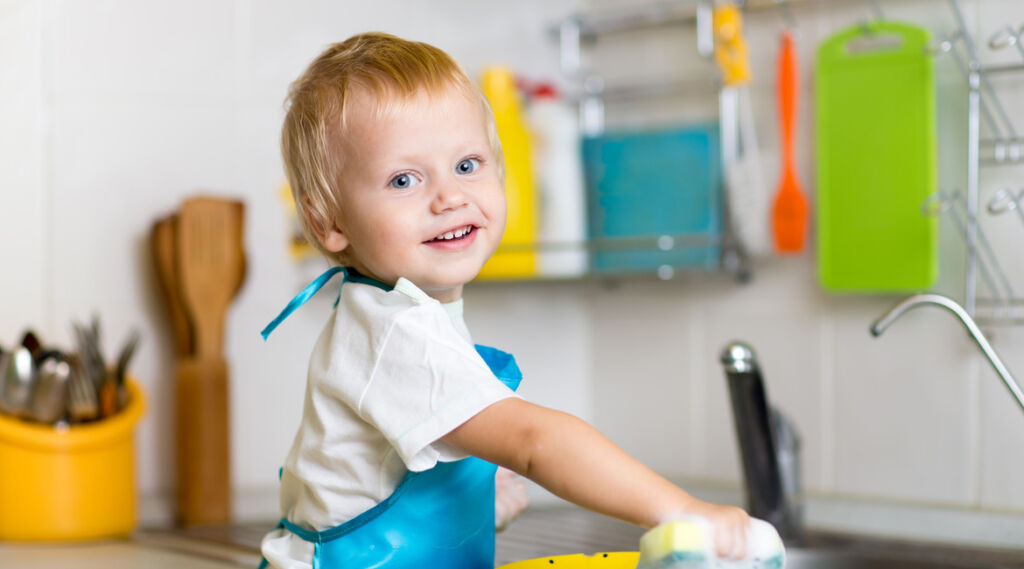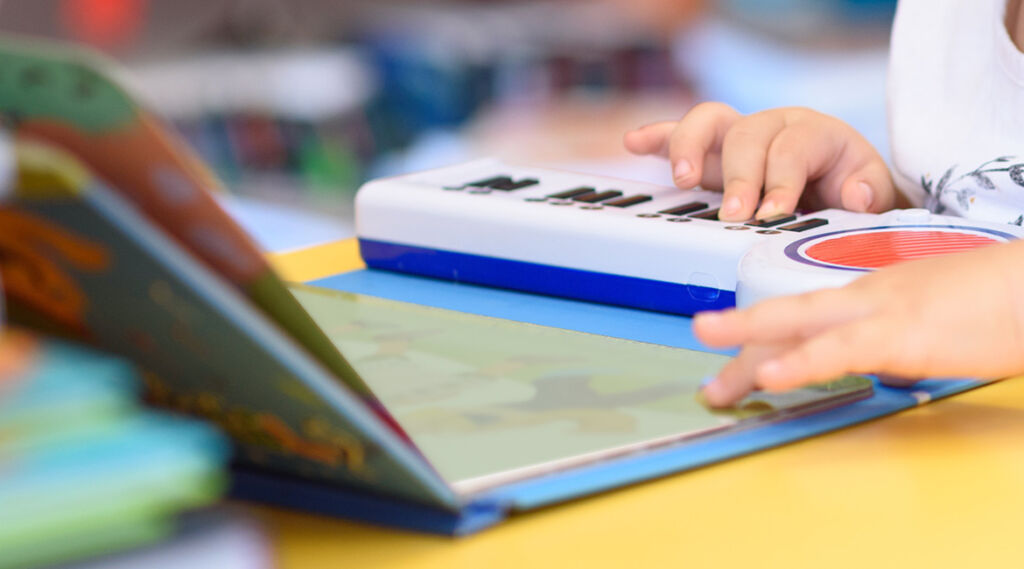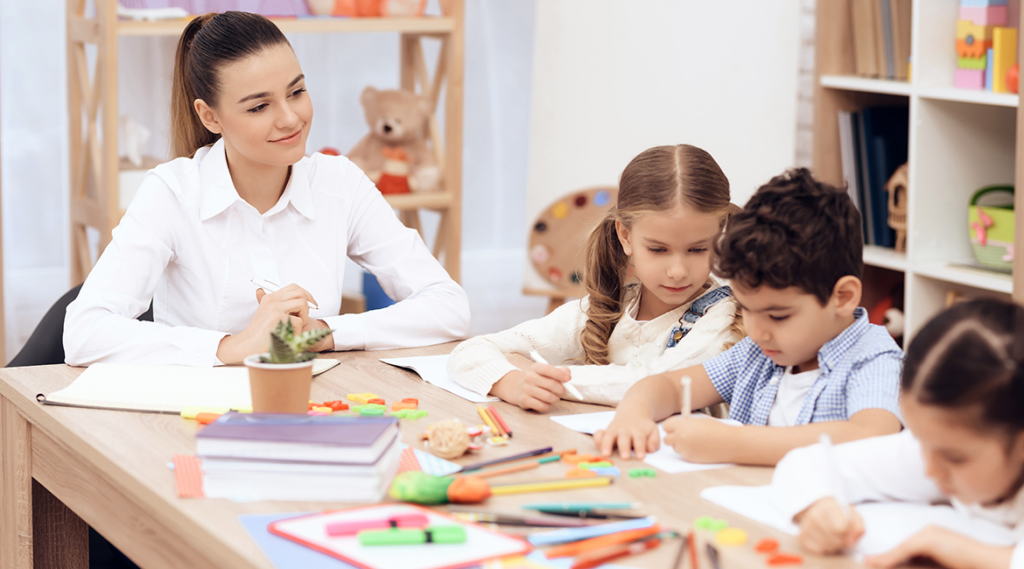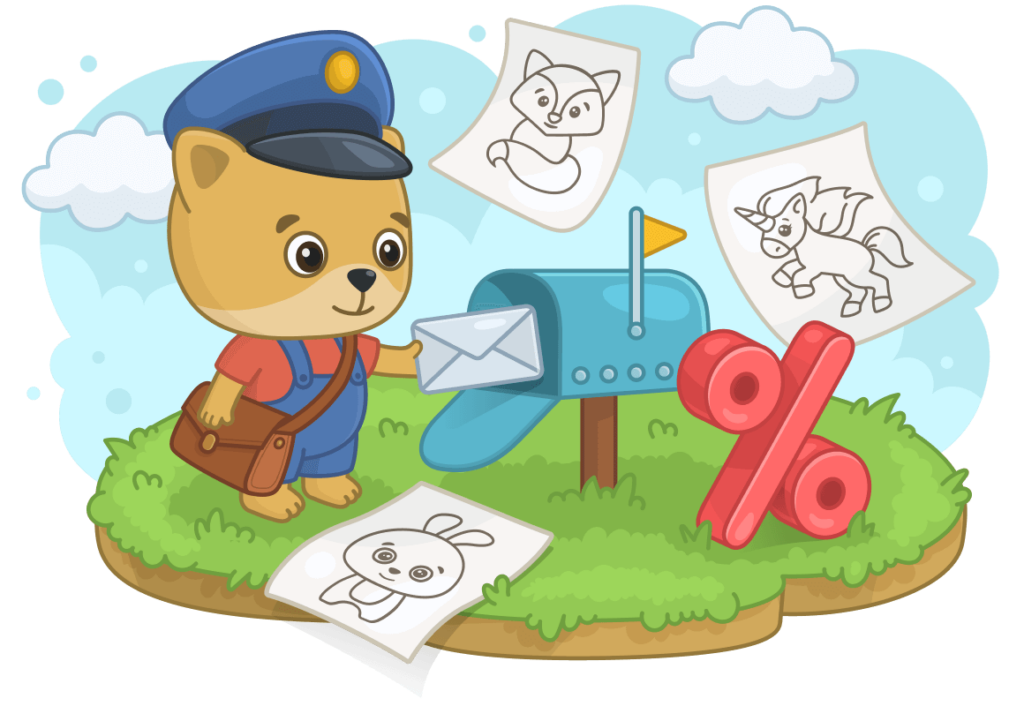One of the most important gifts you can give your child is a healthy and bright smile. A well-cared-for set of chompers can help a child through all aspects of their life from making friends to getting married to teaching their own children the importance of proper dental hygiene. Sometimes starting to brush their teeth can be a scary process for little ones. They’ll definitely need help learning the proper way to care for those pearly whites and they’ll need you to remind them to take care of their teeth for many years to come. Here’s how you can help your tiny one learn to rock brushing time like a pro.
The Importance of Healthy Habits
A lot of people tend to ignore the importance of the baby teeth (The teeth that come before the permanent ones,) but it’s just as important to instill healthy habits while brushing the baby teeth to prevent the buildup of plague and the possibility of a cavity. Today’s dentists are seeing a rise in the cavities found in children’s baby teeth. Many now need to be treated in the office with medication or surgery before their permanent teeth even arrive.
Go Ahead and Start Early
As soon as that precious first tooth makes an arrival, it’s time to start brushing! You can start with a special children’s toothbrush and work your way up to bigger ones as your child grows. It may sound silly to brush just one tooth, but the benefits absolutely outweigh any sense of feeling funny. Even little babes have bacteria in their mouths that can lead to tooth decay. Plus, by teaching your little one how to brush early, they’ll be less scared of the toothbrush and the sensation of brushing. Be prepared to help your child brush until they are about 3 years old, when they’re coordination improves and they can reach all their teeth well.
Why You Should Brush Often
During the day, children eat a lot of foods—especially if your little one is a grazer. All of that (often sugary) food can get trapped in between the teeth and wreak havoc in your little one’s mouth. Brushing at least two times a day will help remove buildup. You’ll want to make sure you help your child floss each day to really make sure you get all of the food out of the crevices.
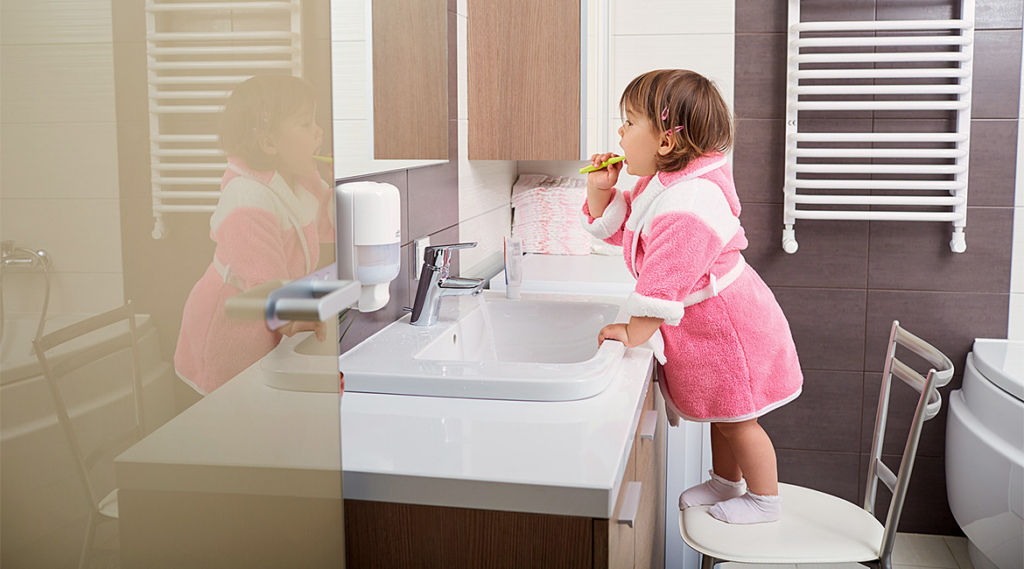
How To Model Proper Behavior
The best way to encourage your child to brush is to serve as a good example. Talk to your child about the process of brushing your teeth and how it’s important to keep your mouth healthy to help with your overall health. You can also talk to them about the importance of hygiene as they age. To really make it fun, bring in the whole family to brush together. Remember to teach them the proper way to brush, using light circles instead of a back and forth motion. You’ll also want to teach them the difference between baby and permanent teeth and the importance of keeping the area clean while their new teeth grow in.
Choosing the Right Paste
All toothpastes are not created equal. Originally doctors recommended the “safe if swallowed” toothpaste for younger children. Recently the rules have changed and it’s okay to start using a fluoride toothpaste from the beginning as long as you’re using the recommended pea-sized amount. For babies, your dentist may still recommend simply wiping the tooth off with a washcloth before moving on to using toothpaste.
Does Your Water Have Fluoride Added?
An important aspect of dental care for your child is the fact that most water sources have fluoride added to the water. If you live in an area with a water source that isn’t treated with fluoride, you’ll want to talk to your dentist about adding a fluoride supplement to your child’s current routine to ensure you keep your teeth healthy and protected.
Tips and Tricks for Making Brushing Fun
There are many things you can do to introduce brushing to your little one. The best part? Most of the ideas are fun and ensure that your child will think brushing is just as cool as you do. Check out these fun ways to make brushing a little more fun:
- Sing A Song. To make sure your little one brushes for the proper amount of time, teach them to sing the “ABCs”, “Happy Birthday” or “Twinkle, Twinkle Little Star” while they brush to make sure they get in enough brushing time.
- Have A Fun Toothbrush. Let your child play an active role in choosing their toothbrush. Doing so allows them to have ownership over the decision to brush and makes them excited about using it. The same goes for the toothpaste and floss.
- Go Electric. There are several videos and games online to teach your little one about the importance of brushing and the proper way to brush. This will especially help if your child is a little scared of the brushing process.
Learning to brush their teeth is an important milestone for your child. Make it a positive experience by being excited about the experience and modeling the best way to brush for your children. Before long, they’ll be able to brush on their own and they’ll gain the confidence that comes from having a healthy, beautiful smile!
